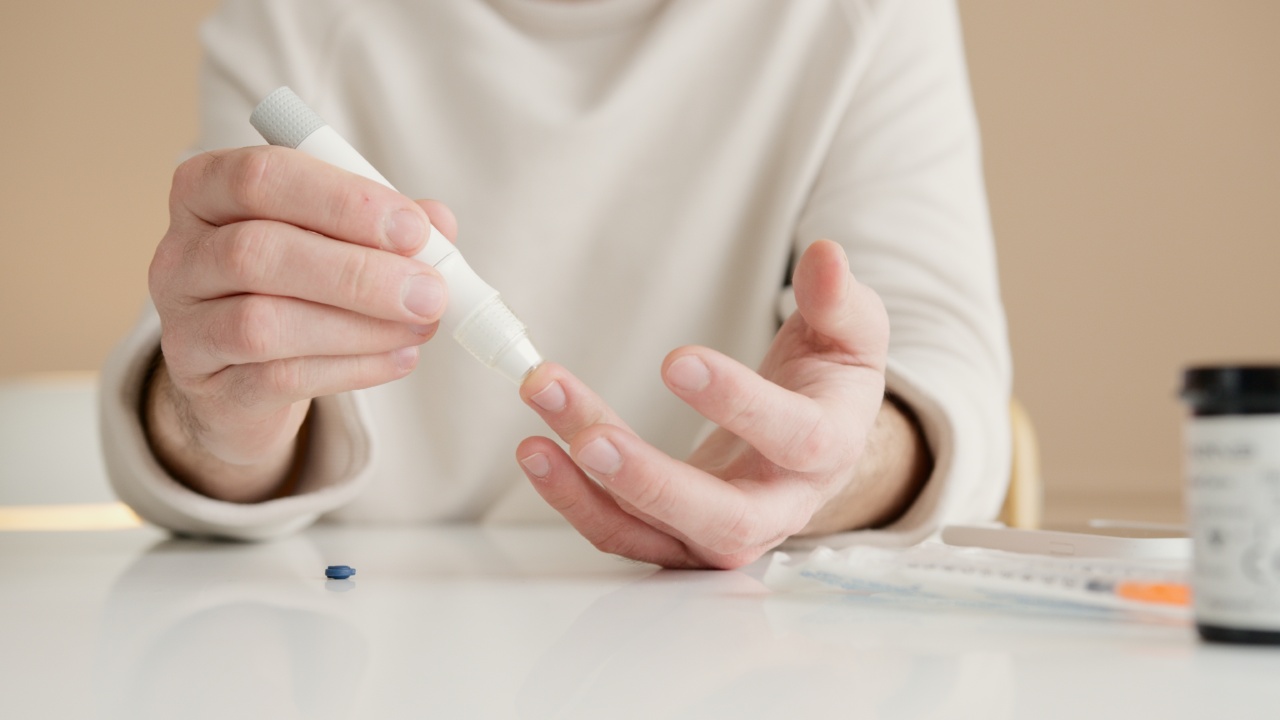Diabetes is a chronic disease that affects millions of people worldwide. It is characterized by high blood sugar levels resulting from the body’s inability to produce or properly use insulin.
While there is currently no known cure for diabetes, making significant changes to your lifestyle can help manage the condition effectively and even reverse its effects in some cases. In this article, we will explore the various lifestyle modifications that can contribute to the potential cure of diabetes.
1. Healthy Eating Habits
One of the most crucial aspects of managing diabetes is following a healthy, balanced diet. Incorporating a variety of fresh fruits, vegetables, whole grains, lean proteins, and healthy fats into your meals can help regulate blood sugar levels.
Avoiding sugary and processed foods that are high in calories and lacking in nutritional value is vital.
2. Regular Exercise
Engaging in regular physical activity offers numerous benefits for individuals with diabetes. Exercise helps lower blood sugar levels by increasing insulin sensitivity, allowing glucose to enter cells for energy.
Moreover, it aids in weight management, improves cardiovascular health, and enhances overall well-being. Incorporating a combination of aerobic exercises, such as brisk walking or swimming, as well as strength training exercises, can be highly beneficial.
3. Weight Management
Obesity and overweight significantly increase the risk of developing type 2 diabetes. Therefore, shedding excess pounds through a combination of healthy eating and regular exercise is essential.
Even small weight loss can have significant impacts on blood sugar control and reduce the need for medication in some cases.
4. Stress Reduction Techniques
Chronic stress can negatively affect blood sugar levels and overall health. Employing stress reduction techniques, such as yoga, meditation, deep breathing exercises, or engaging in hobbies, can help manage stress effectively.
Reduced stress levels lead to improved blood sugar control.
5. Regular Blood Sugar Monitoring
Monitoring blood sugar levels regularly using a glucometer can provide insights into how certain foods, activities, or medications affect your blood sugar levels.
Understanding these patterns helps in making informed decisions regarding diet, exercise, and treatment plans.
6. Quit Smoking
Smoking is associated with various health complications, including an increased risk of developing type 2 diabetes and exacerbating symptoms in individuals already diagnosed with the disease.
Quitting smoking improves blood circulation, lung function, and reduces the risk of complications related to diabetes.
7. Limit Alcohol Consumption
Consuming alcohol in moderation is crucial for individuals with diabetes. Excessive alcohol intake can cause fluctuations in blood sugar levels and lead to other health issues.
It is essential to consult with a healthcare professional to determine the safe limits for alcohol consumption based on individual circumstances.
8. Get Sufficient Sleep
Adequate and quality sleep is important for overall health and well-being. Lack of sleep can increase the risk of insulin resistance and raise blood sugar levels.
Establishing a regular sleep routine and creating a conducive sleep environment is beneficial in managing diabetes.
9. Diabetes Education and Support
Seeking education about diabetes management and connecting with support groups or communities can provide valuable information, tools, and motivation.
Education and support ensure individuals with diabetes stay on track with their lifestyle modifications, leading to better management of the condition.
10. Regular Medical Check-ups
Regular medical check-ups are crucial for monitoring diabetes progression and making any necessary adjustments to treatment plans.
It allows healthcare professionals to assess overall health, identify potential complications, and provide guidance on maintaining optimal blood sugar control.






























